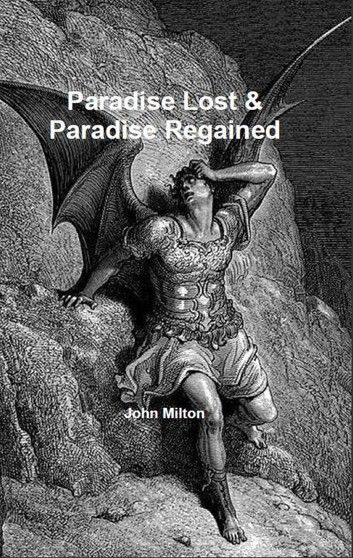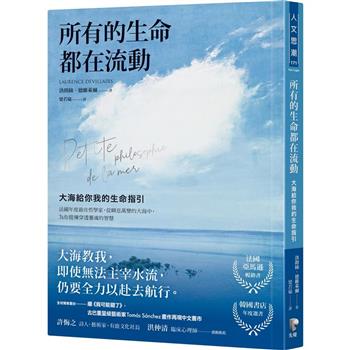Paradise Lost is the story is separated into twelve books, broken down shortly after initial publication, following the model of the Aeneid of Virgil. The books' lengths vary; longest being Book IX, with 1,189 lines, and the shortest Book VII, having 640. In the second edition, each book was preceded by a summary titled "The Argument". The poem follows the epic tradition of starting in medias res (Latin for in the midst of things), the background story being recounted later.
Milton's story contains two arcs: one of Satan (Lucifer) and another of Adam and Eve. It begins after Satan and the other rebel angels have been defeated and banished to Hell, or as it is also called in the poem, Tartarus. In Pandæmonium, Satan employs his rhetorical skill to organize his followers; he is aided by his lieutenants Mammon and Beelzebub. Belial and Moloch are also present. At the end of the debate, Satan volunteers himself to poison the newly-created Earth and God's new and most favored creation, Mankind. He braves the dangers of the Abyss alone in a manner reminiscent of Odysseus or Aeneas. After arduously traversing the Chaos outside Hell, he enters God's new material World, and later the Garden of Eden.
Partway through the story, the Angelic War over Heaven is recounted. Satan's rebellion follows the epic convention of large-scale warfare. The battles between the faithful angels and Satan's forces take place over three days. The final battle involves the Son of God single-handedly defeating the entire legion of angelic rebels and banishing them from Heaven. Following the purging of Heaven, God creates the World, culminating in his creation of Adam and Eve. While God gave Adam and Eve total freedom and power to rule over all creation, He gave them one explicit command: not to eat from the Tree of the Knowledge of Good and Evil on penalty of death.
The story of Adam and Eve's temptation and fall is a fundamentally different, new kind of epic: a domestic one. Adam and Eve are presented for the first time in Christian literature as having a full relationship while still without sin. They have passions and distinct personalities. Satan, disguised in the form of a serpent, successfully tempts Eve to eat from the Tree by preying on her vanity and tricking her with rhetoric. Later, Adam seeing Eve has sinned, knowingly commits the same sin. He declares to Eve that since she was made from his flesh, they are bound to one another so that if she dies, he must also die. In this manner, Milton portrays Adam as a heroic figure, but also as a deeper sinner than Eve, as he is aware that what he is doing is wrong.
Paradise Regained is a poem by the English poet John Milton, published in 1671. It is connected by name to his earlier and more famous epic poem Paradise Lost, with which it shares similar theological themes. It deals with the subject of the Temptation of Christ.
The poem was composed in Milton's cottage in Chalfont St Giles in Buckinghamshire, and was based on the Gospel of Luke's version of the Temptation of Christ. Paradise Regained is four books in length, in contrast with Paradise Lost's twelve.
One of the major concepts emphasized throughout Paradise Regained is the play on reversals. As implied by its title, Milton sets out to reverse the "loss" of Paradise. Thus, antonyms are often found next to each other throughout the poem, reinforcing the idea that everything that was lost in the first epic is going to be regained by the end of the mini-epic. Additionally, this work focuses on the idea of "hunger", both in a literal and in a spiritual sense. After wandering in the wilderness for forty days Jesus is starved of both food and the Word of God. Satan, too blind to see any non-literal meanings of the term, offers Christ food and various other temptations, but Jesus continually denies him.










